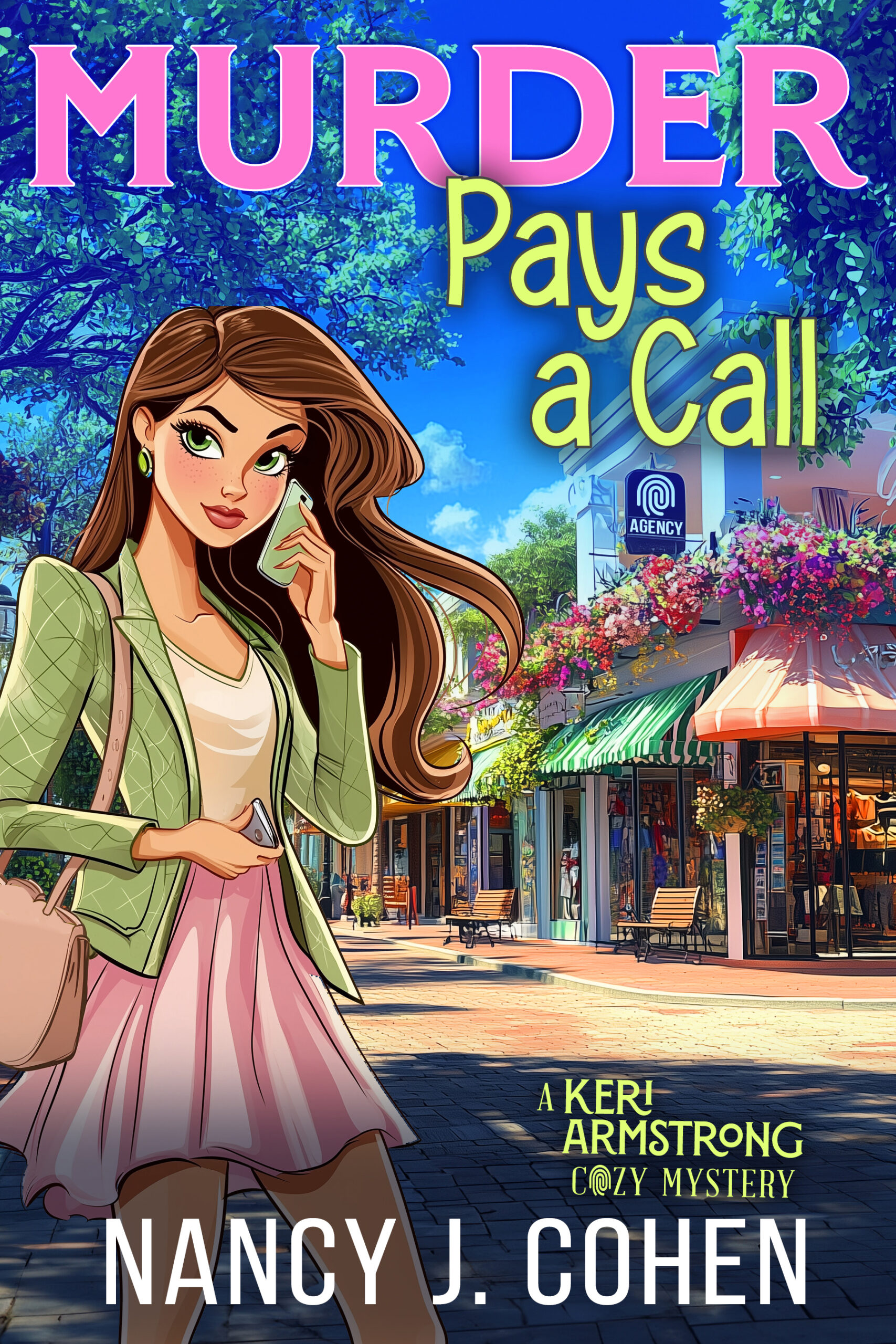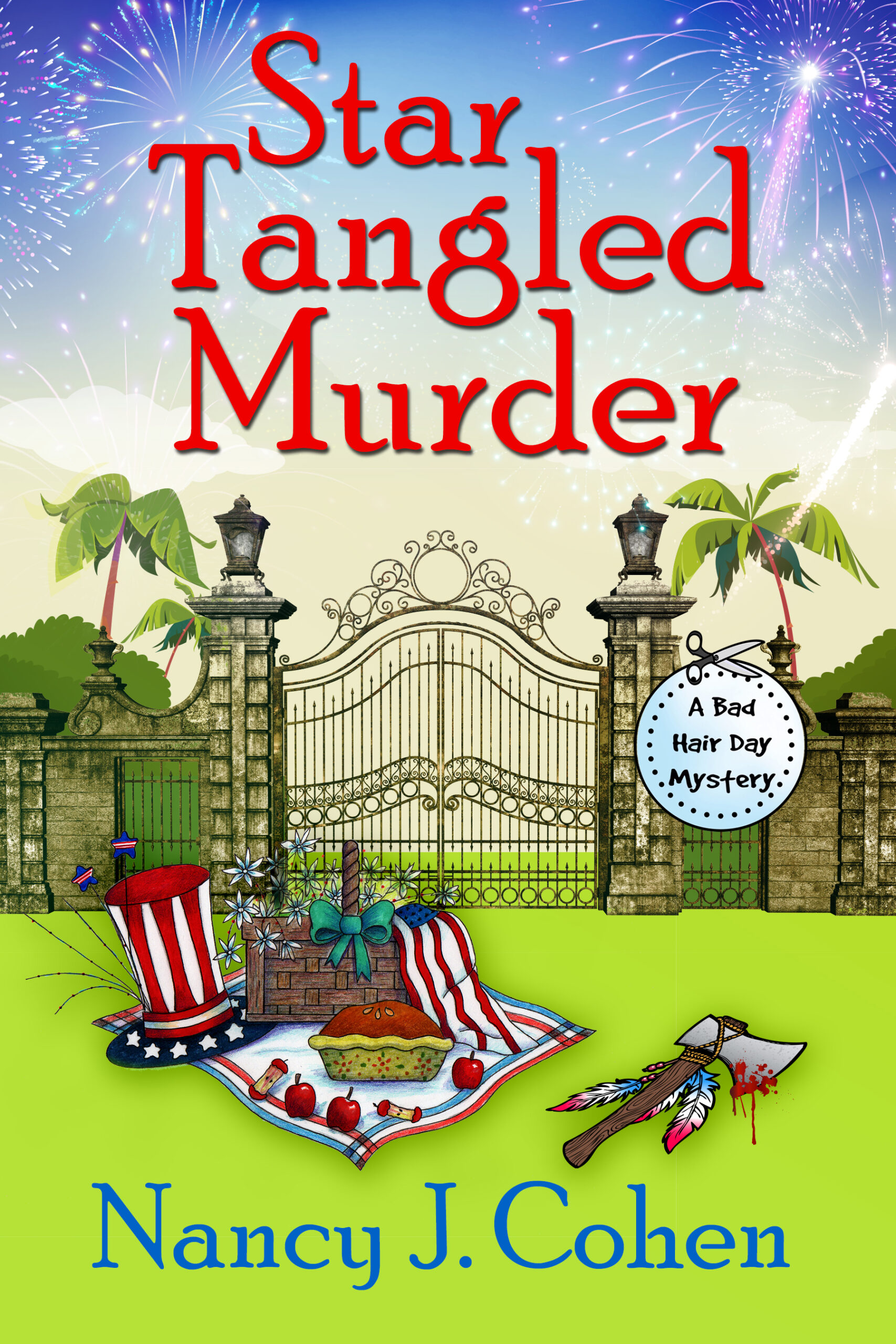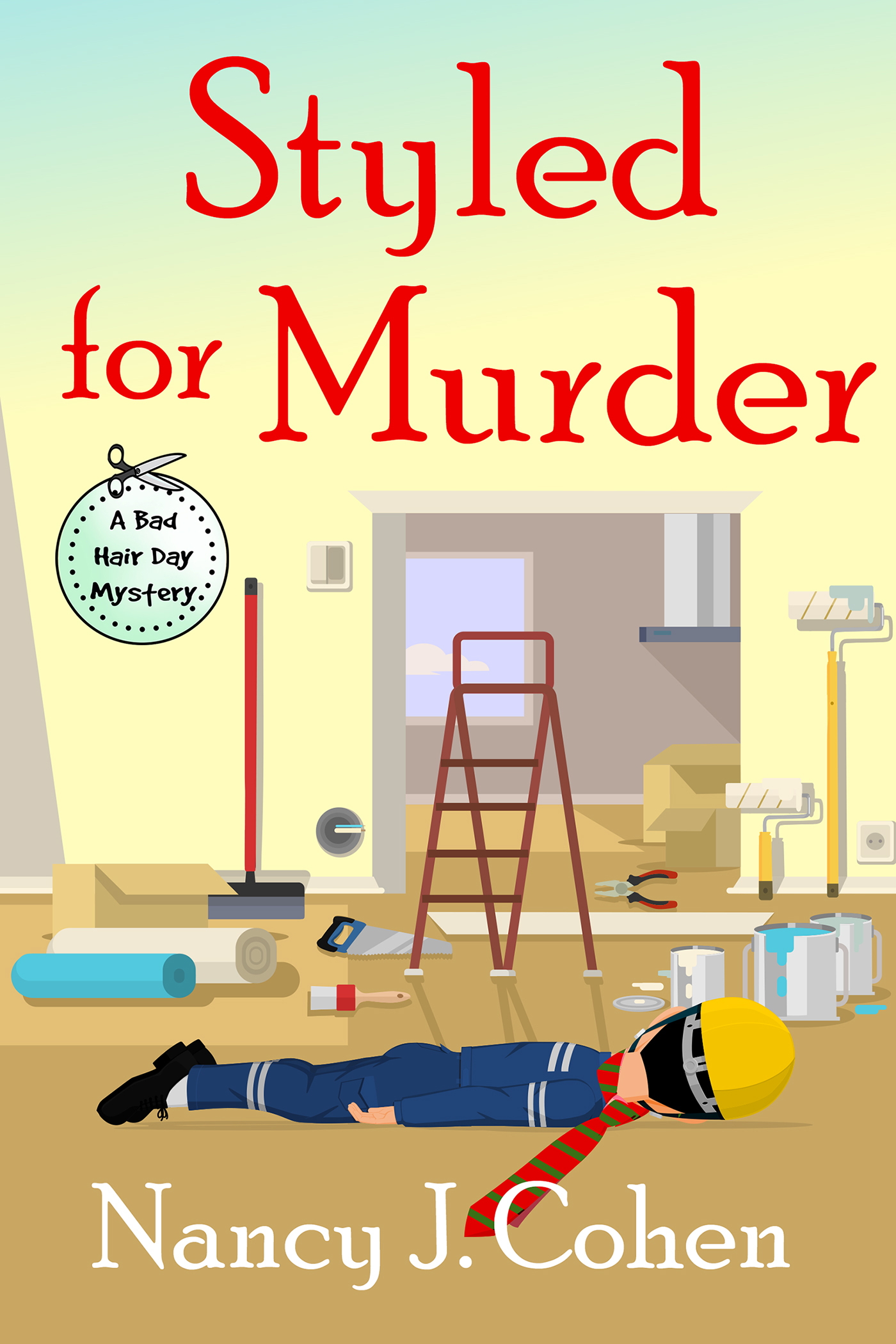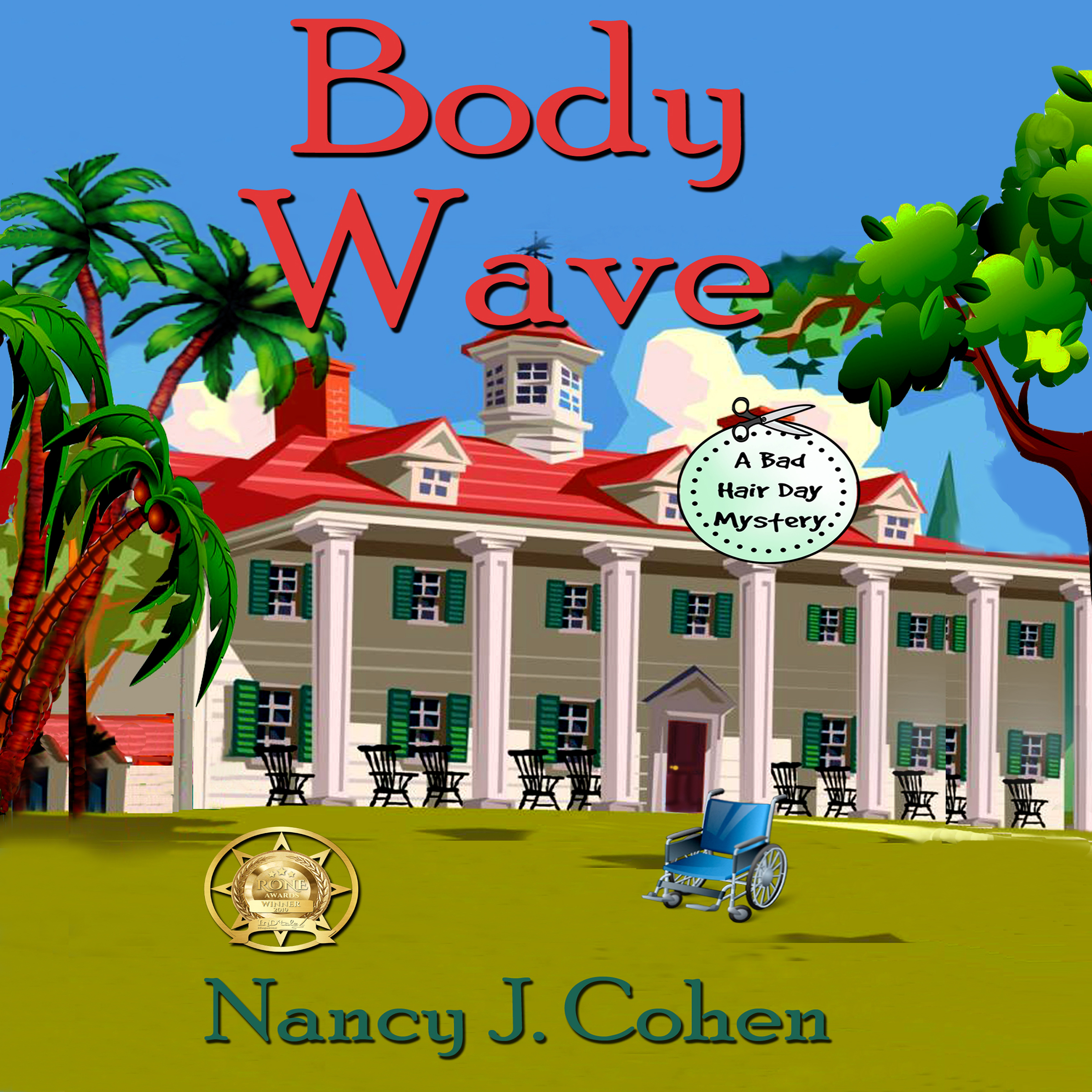Grammar Lesson: Discreet vs Discrete
In my current work in progress (WIP), I wrote this sentence and then wondered if I’d used the correct spelling. “Her low-heeled sandals made a discreet tap-tap as she strode along.” Did I mean discreet or discrete? Was there a difference? And how could shoes make a discreet sound? What did I mean by this? Did the shoes make a quiet sound that would come under the radar? Or was the noise distinctive in some way?
The Daily Writing Tips said both words are adjectives. Discreet means judicious, prudent, circumspect, cautious. Discrete, on the other hand, means separate, detached from others, individually distinct.
According to Oxford Dictionaries, the words are pronounced the same way and share the same origin, but they don’t share the same meaning. Discrete means “separate, as in a finite number of discrete categories, while discreet means careful and circumspect, as in you can rely on him to be discreet.”
Vocabulary.com gives further advice. “Discreet means on the down low, under the radar, careful, but discrete means individual or detached… Remember that the “ee’s” in discreet hide together in the middle of the word, but the “t” in discrete separates them.”
So what did I mean in my sentence above? Was that proper usage? I think so. The meaning I intended was “quiet, on the low-down” rather than “distinctive.”
I did a search in another project and came up with this sentence. It’s obviously wrong now that I know the difference:
“Never mind that he could get dismissed for consorting with a student. That hasn’t stopped him before, but usually he’s more discrete about it.”
Oops, I’ll have to change that one to “discreet.” Live and learn.
























A reader called me on my error in one of my books. Thank goodness for digital/indie publishing, where I could change it right away. My editor had missed it, but now I’m careful to check.
Readers are handy for calling us on our mistakes. Now I know about discreet/discrete going forward.
These are easy mistakes to make, especially when we are writing and so many thoughts and ideas are in our minds.
It’s like the lay/lie conundrum. Which word to use?
I made the “discrete” mistake on a resume once and will not ever make the same mistake. I learned the hard way and it was not discreet..
Good examples, Marcia!
I recent ran into this very situation in a book I was proofreading for an experience writer. When I pointed out the difference, he expressed surprise that there were two such disparate meanings (and spellings). He said he’d always spelled it “discrete” and no editor had ever picked up on it.
It’s one of those words that your mind might skip over.
I am guilty of interchanging these words. Why does the English language make it so tricky and have so many exceptions to rules? Good grief. It’s a lot to remember and English IS my native language!
Now you know the difference. I like the tip above that tells how to distinguish the meanings.
Interesting you should address this topic. I am currently re-releasing an older book with a new publisher. I erroneously used discrete, and my former editor didn’t catch it, either. Fortunately, my new editor is on the ball and asked me to change it to discreet.
It’s good that someone caught the error! You can never have too many pairs of eyes on a manuscript.